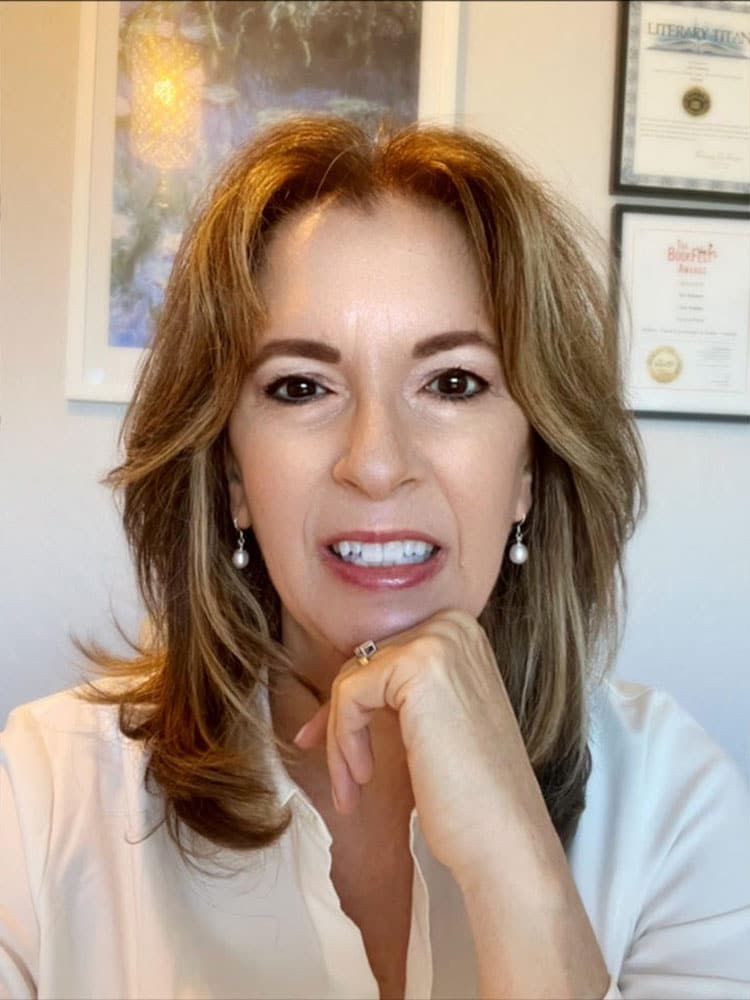Mastering a New Leadership Terrain

After the turmoil of the past few years, we’ve seen tectonic shifts in everything from organizational behavior to employee priorities. Most notably, macro and micro changes are emerging in leadership expectations and skillsets.
With a sharper focus now on mental wellness, there’s more value placed on a leader’s self-awareness, intentionality, and purpose. That’s not to say corporate boards and shareholders no longer care about growth. But using this as a singular focus lacks congruency with some evolving business perspectives – namely prioritizing people and meaningful work over strategy and metrics. This is not a short-term tactic. It’s becoming a longer-term leadership approach.
Navigating Change
Most senior executives would agree that stability is a myth. They’ve attuned themselves to a higher frequency, allowing them to roll with ambiguity and uncertainty – not just during periods of crisis but as a general routine. So how did these executive role models cultivate their superpower of uncertainty tolerance? By managing their relationship with control.
As a longtime corporate insider, I’ve observed some impressive learned behaviors among CEOs. Amongst the most memorable is their secret weapon: letting life surprise them. Sounds preposterous, right? In a world of efficiency, overachievement and productivity, the only way to ensure our highest performance is by managing all the variables that could derail us. It’s a fallacy, though. Control is a prickly, seven-letter word with as much toxicity as the related landmine of perfectionism. And together, they’re a slippery slope to stress, obsession, and worse.
A typical model is to control and micromanage as a means of avoiding deeper strategy discussions. The paradox, though, is that solid business planning requires both – confronting tough variables in your business environment and using strategy to leverage them to your highest advantage. Strategy setting requires looking backward and forward.
The most effective leaders trust what they already know versus controlling what they’re afraid of.
Control in the workplace is thorny from every angle. Employees want more control over their work, processes, and schedules. The optics of leadership control can manifest as misused power. We’ve seen countless examples of top-down, command and control styles breaking trust, fragmenting alliances, and causing attrition. Interpersonal control becomes a sinister seesaw of assertiveness and passivity. Psychological control, used to manipulate, can be by far the most damaging. Despite all the misconceptions, control is about fear, influence, and power. And trust, its opposite, is a vast leap of faith, where we believe we have what we need to meet the demands of any situation without engineering every outcome.
Making the Shift
There are lots of leadership styles. But letting go and trusting in our own means believing we have the innate power to influence and motivate by sharing our vision rather than demanding compliance. Taking it a step further, being okay with the element of surprise means you have sufficient inner strength and self-awareness to tolerate unpredictability. You believe you inherently have the skills needed to find your way. So how do you get there?
Some tactics to practice this shift:
- Go beyond tolerating uncertainty – thrive on it. Let it activate something and wake you up.
- Nurture curiosity, practice being unpredictable, and build tolerance for others’ unpredictability.
- Seek opportunities for change and embrace the value of doing things differently.
- Focus on the present and slow down to appreciate the meaning in your interactions.
- Expose and call out successes in your team, your company, and yourself.
Dr. Melissa Hughes, author of Mission Matters: Top Tips for Success, writes about the value of surprise in her neuroscience blog. Surprise, she writes, provides a dopamine hit as well as a rush of noradrenaline for focus and concentration, providing a mental reset. So it’s clear that the personal and career advantages are endless.
Building a sense of trust in yourself and others can boost confidence, advance your career, deepen relationships, retain talent, and most of all cultivate a collaborative organization.
Have you read?
Report: Grenada Citizenship by Investment Programme, 2023.
Report: Jordan Citizenship by Investment Programme, 2023.
Report: Malta Citizenship by Investment Programme, 2023.
Report: Saint Lucia Citizenship by Investment Programme, 2023.
Report: St Kitts and Nevis Citizenship by Investment Programme, 2023.
Bring the best of the CEOWORLD magazine's global journalism to audiences in the United States and around the world. - Add CEOWORLD magazine to your Google News feed.
Follow CEOWORLD magazine headlines on: Google News, LinkedIn, Twitter, and Facebook.
Copyright 2025 The CEOWORLD magazine. All rights reserved. This material (and any extract from it) must not be copied, redistributed or placed on any website, without CEOWORLD magazine' prior written consent. For media queries, please contact: info@ceoworld.biz











